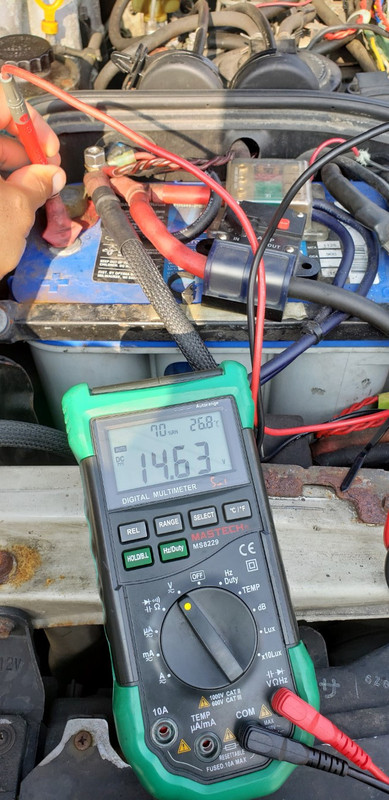93yotasr5
Come and take it
I’ve seen a ton of install videos for this kit but no reviews. I read a lot of the reviews on amazon but was curious if anyone on here had used one and what they thought of it. I like the simplicity of it.
Keyline ISO-Pro 140

Keyline ISO-Pro 140



